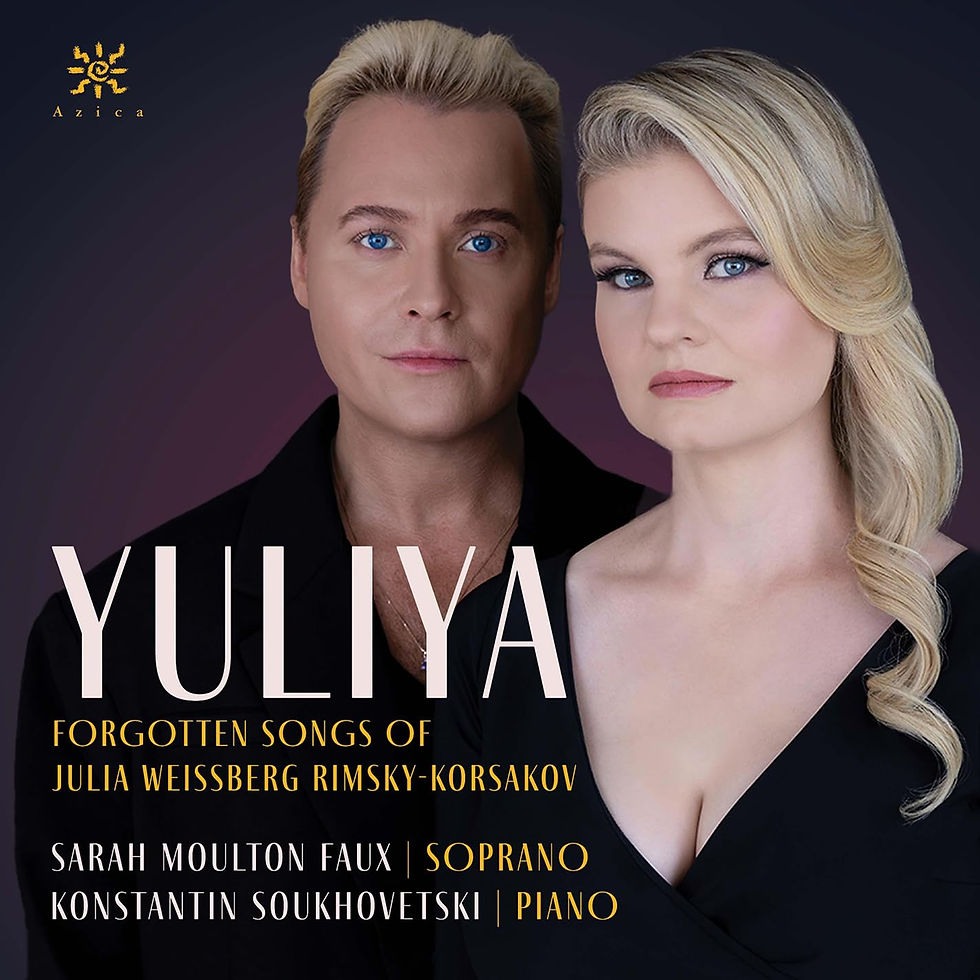Music and Film – Touching the sound
- Nov 5, 2014
- 3 min read
Updated: Jun 11, 2020

In addition to its concert series, the yearly Berkshire festival’s Close Encounters with Music, lead by charismatic cellist and conversationalist Yehuda Hanani, explores the multi-faceted themes of classical music’s culture. As part of this year’s festival, Peter Rosen presented his emotive documentary Touching The Sound on blind Japanese pianist and 2009 Van Cliburn gold-medalist Nobuyuki Tsujii.
“Every project has a different theme and constellation of how the film came about and how its production developed, however, the same structure of the traditional story development – its characteristic three-act partition – basically applies to all my movies,” explains the filmmaker, an architect by education.
That is also the case in Touching the Sound, which trails the gold-medalist from his mother’s touching descriptions of the first moments that his blindness, as well as his exceptional musical gift became clear, to his winning hearts and gold: “Nobu,” as his fans lovingly call him, asserting himself on the concert stage.

Photo: Nobu and his mother Itsuko
With the help of translations by Nobu’s constant travel companion and manager, Nick Asano and Nobu’s childhood piano teacher Masahiro Kawakami , the film expresses much of the artist’s sincere love for sharing his innate musical talent, his modesty, gratitude, and openness, with which he meets life’s challenges and cheerfully embraces its pleasures. The film focuses lastly on his actual mastery of the keyboard. Set against a backdrop of the music of Tchaikovsky, Chopin, Rachmaninoff, Liszt, Beethoven, and Mussorgsky, Rosen’s camera always focuses in on the angle of human sentiment: Nobu’s heavy breathing with restless desire to conquer the stage, right before his Carnegie Hall debut, followed by the release of all the built up tension in the teary-eyed, sobbingly-performed encore, consisting of his own composition, written in honor of Japan’s Tsunami victims.

Rosen started his film career with USIA projects directed at enhancing America’s cultural reputation overseas in the late seventies. One of these assignments – a portrait of Leonard Bernstein – became the landmark for Rosen’s passage into the classical music business.

“I am not a musician, myself. I resentfully survived 12 years of piano lessons, without any results – I can read music, but can’t play a thing,” he volunteers. “Of course, I knew of Bernstein’s immense persona in music, but I did not approach his personality from the standpoint of a musician – I did not have that kind of ‘highbrow’ perspective.” This was, as he convincingly relays, Rosen’s recipe for success: “While films on music are generally pitched to an already knowledgeable audience with a musical background, I intuitively get what the general public wants to see and relates to,” he says.
This certainly holds true for those films in Rosen’s copious filmography that I had the opportunity to watch. A good example would be his tour de force, The Maestro, about the legendary conductor Arturo Toscanini, in which Rosen strays from depicting the maestro’s actual musical career, focusing instead on how the conductor used his prominent status as a vehicle in his ideological battle against fascism.
Of course it is the music, the fundamental soundtracks of these documentaries on musical figures, which provides the stories’ intrinsically sustaining feature; their developments’ accompaniment, enunciating their climaxes. The essential messages that Rosen’s films convey with astute perspective, transcend his explorations of human nature through his characters’ struggles under intense conditions, expressing their growth and individual geniality, and highlighting their supreme heights of artistic achievement.
And that is the kind of emotional connection, in music- as in film-making, audiences react to with applause.



Comments